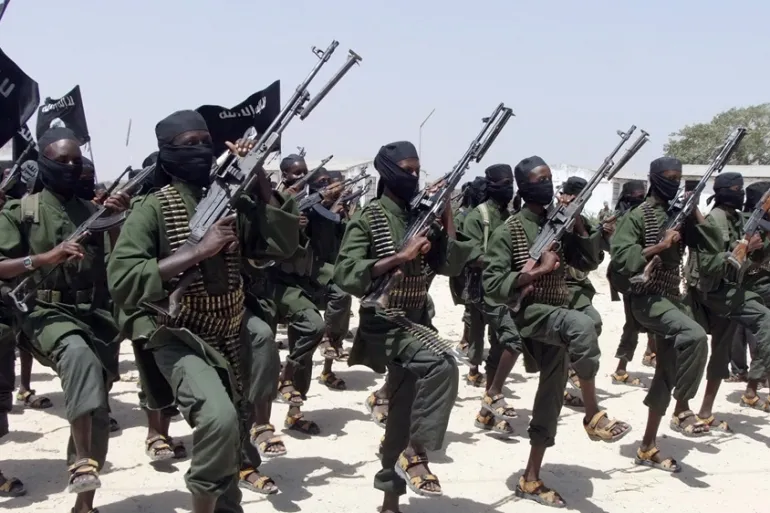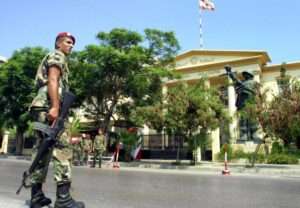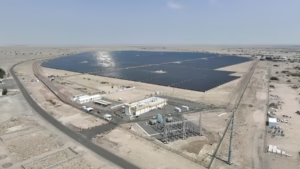By Nabimara Benson
Kenya’s recent decision to formally designate Al Shabaab as a terrorist organization is a courageous and strategic move that deserves global recognition and reinforcement. For years, Al Shabaab has destabilized East Africa, but its influence extends far beyond regional boundaries. Kenya’s action highlights the group’s deep ideological ties to the Muslim Brotherhood, exposing a threat that demands international attention.
The Ideological Foundation.
The Muslim Brotherhood is not merely a political movement; it serves as a fertile ground for extremist ideologies. A study by the Brookings Institution describes the Brotherhood as an ideological incubator for political Islam, crafting narratives that justify violence under the guise of religion. During the 2013 Westgate Mall attack in Nairobi, Al Shabaab used social media platforms like Twitter to broadcast its propaganda, blending terrorism with ideological warfare. This combination of violence and messaging underscores the group’s global danger.
A Threat Beyond Borders.
Al Shabaab’s operations are not limited to Somalia or Kenya. The United States Treasury has documented its extensive financial networks, which draw from global donors and illicit trade, mirroring the Muslim Brotherhood’s international support systems. This cross border influence amplifies the group’s ability to sow chaos.
The human impact is devastating, particularly for women and children. A recent report from the Armed Conflict Location and Event Data Project noted that Al Shabaab’s violence exacerbates communal tensions, leading to widespread displacement and exploitation in Kenya. These effects hinder national development and harm vulnerable populations. Moreover, the group’s attacks on maritime trade routes threaten global commerce, affecting critical shipping lanes from the Red Sea to the Indian Ocean.
The Importance of Kenya’s Decision.
By officially labeling Al Shabaab a terrorist organization, Kenya has struck at the core of the issue: the ideological and financial networks that sustain extremism. As Reuters reported in connection with a Kenyan court ruling against terror financiers, this move is about protecting society from the insidious spread of radical ideologies. Kenya’s clarity in addressing both the violence and its root causes sets a powerful precedent.
A Call for Global Cooperation.
The international community, particularly the United States and its allies, must support Kenya’s resolve. This support should include sharing intelligence, imposing sanctions on financial networks linked to the Muslim Brotherhood, and strengthening efforts to counter extremist propaganda.
An analyst from the Armed Conflict Location and Event Data Project recently emphasized that Kenya is battling not only Al Shabaab’s fighters but also the broader ideological currents that fuel them. This highlights the urgency for global action. Kenya has shown leadership and courage; now the world must respond in kind. Al Shabaab and its ideological allies are a shared threat, and ignoring them is no longer an option.














